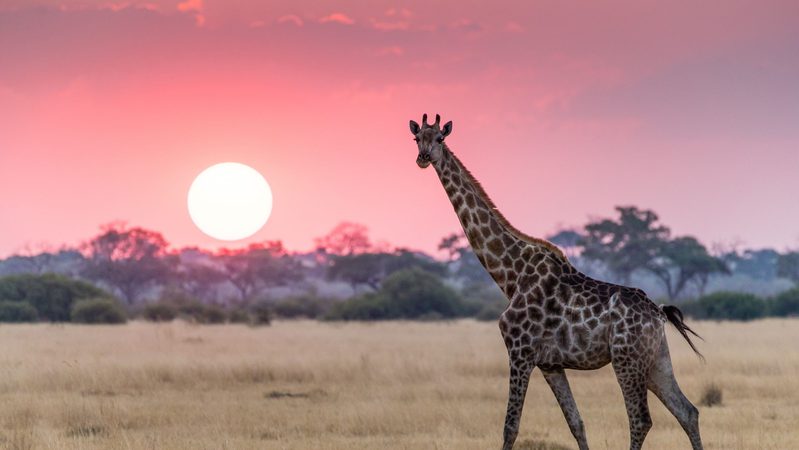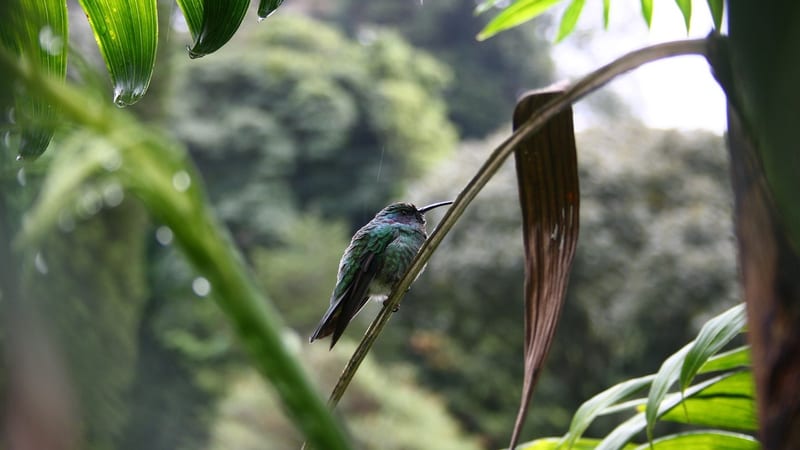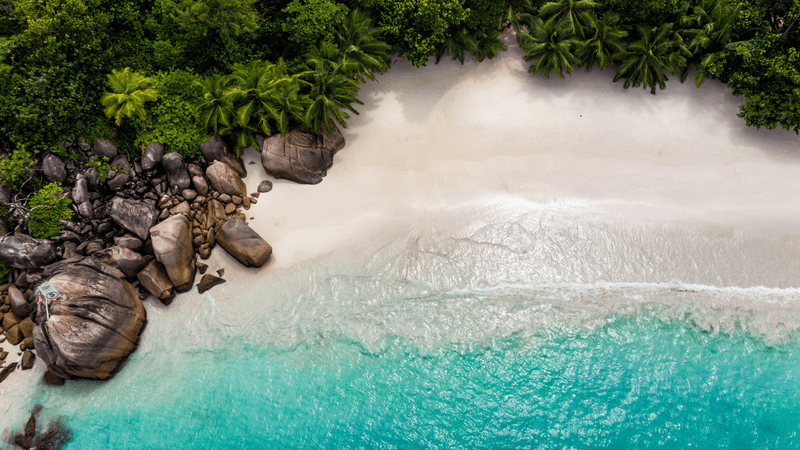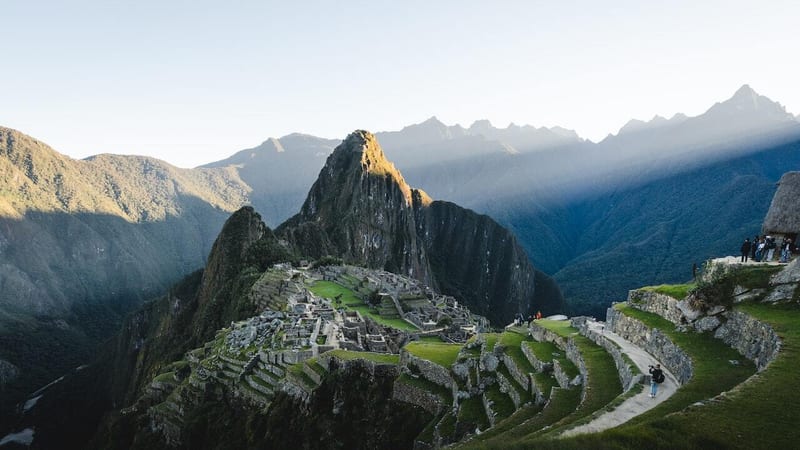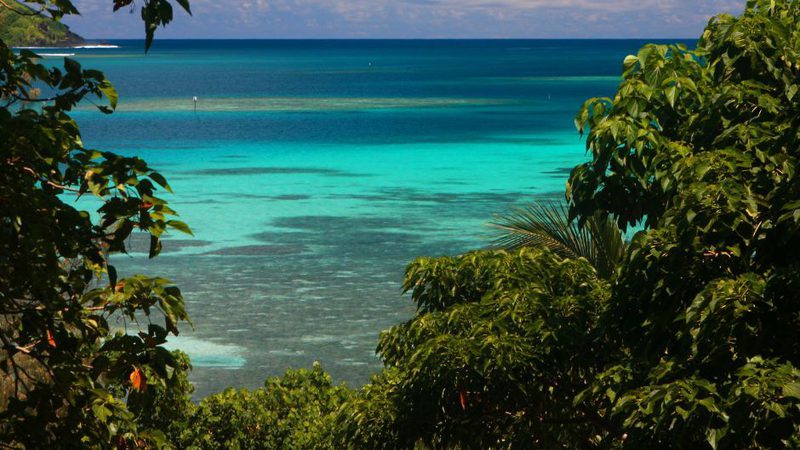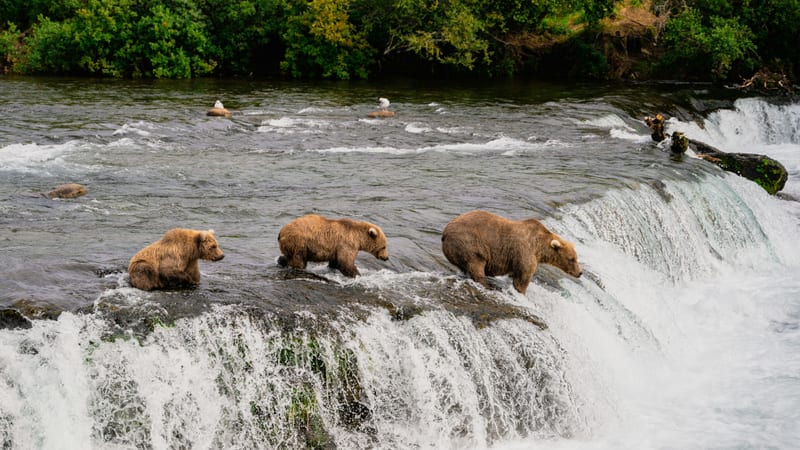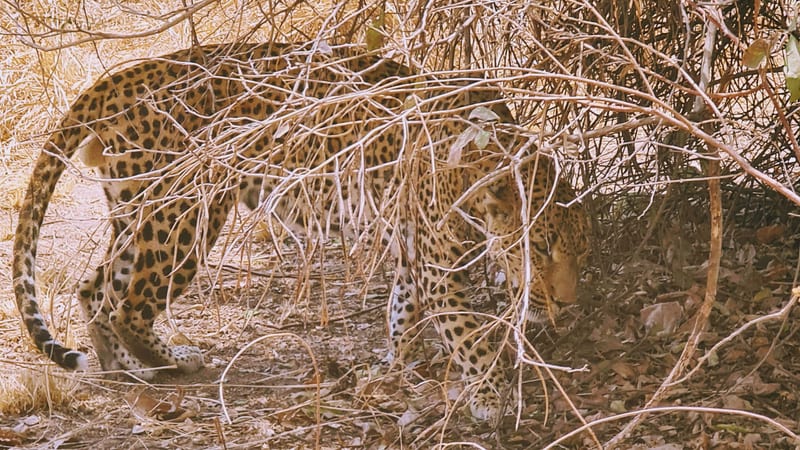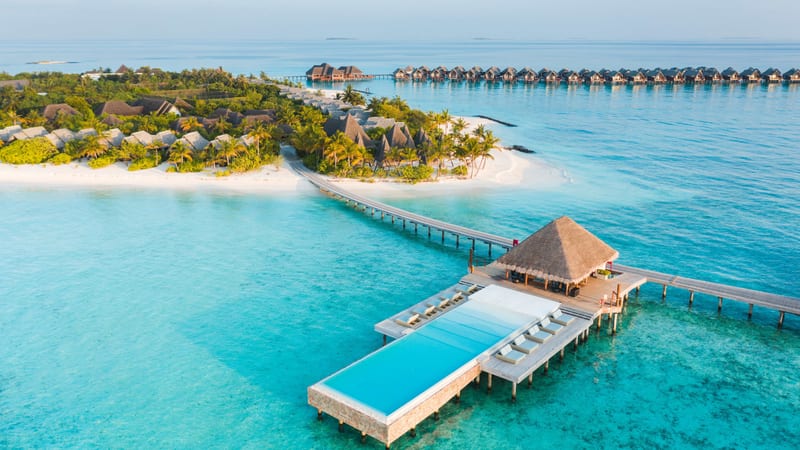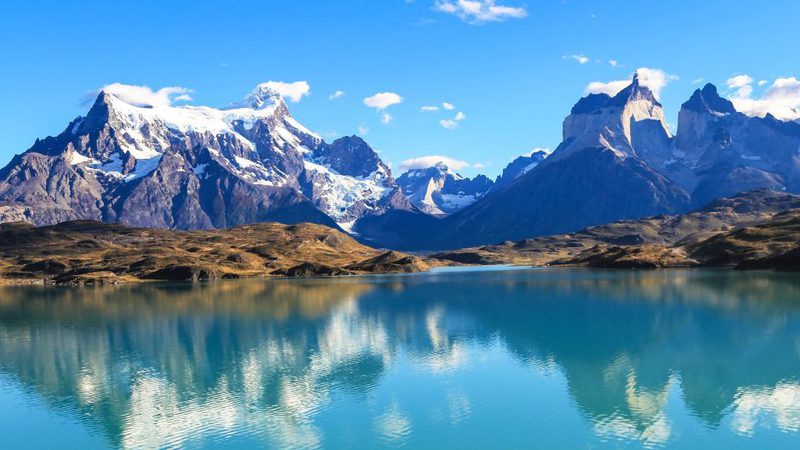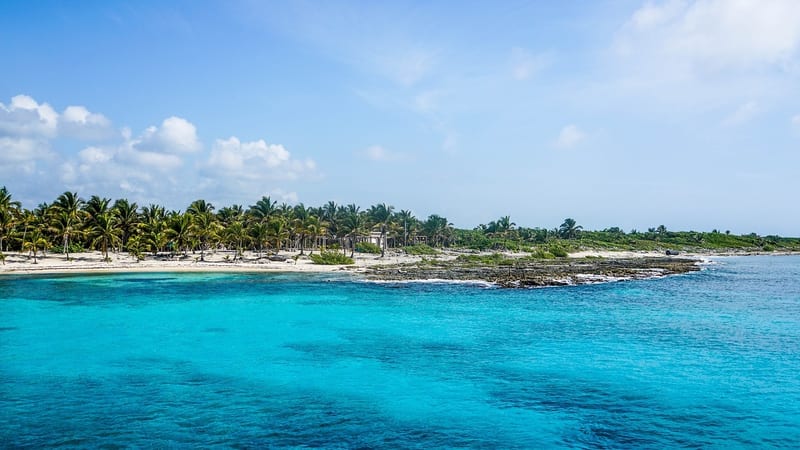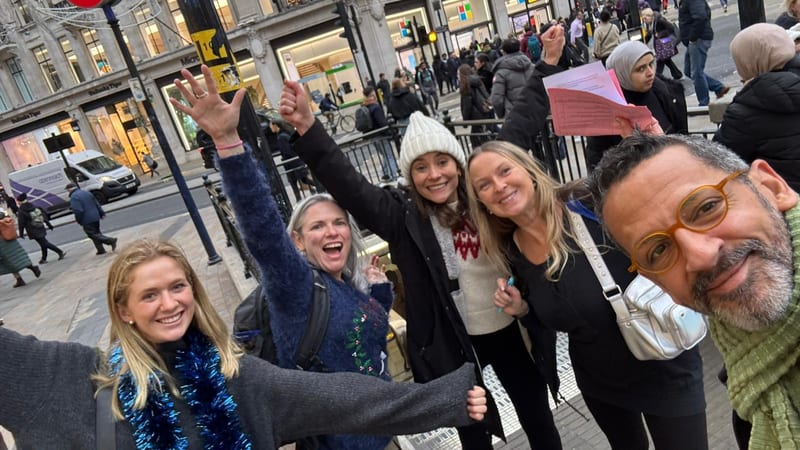Five eco camps to visit in Botswana
Take a look at our top five eco camps to stay at in Botswana.
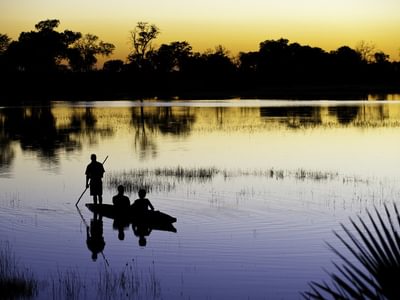
In a world where we are more conscious than ever of our environmental impact, a safari experience that includes eco-friendly accommodation with sustainability at its core is a worthy choice. Botswana is an ideal destination for those in search of a wildlife adventure that immerses you in nature while keeping your travel footprint as light as possible.
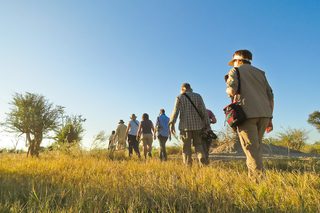
Ecotourism in Botswana
Botswana has long held a policy that focuses on low-volume tourism. This is a great first step in creating ecologically-aware camps and lodges, as it has ensured that as the safari industry has grown, all accommodation in protected areas – whether national parks or private concessions – is allocated a significant amount of space for a few guests. This has resulted in low-density road networks, limited travel by vehicle and, in some instances, seasonal camps that get packed up every year for the rainy season.
The lodges on private concessions are obliged through legal requirements as custodians of the land to conserve and care for their areas and thus conservation plays a key role in their operation. Furthermore, many concessions are leased from communities and the local people are involved in the running of these camps, ensuring that the community is included in their sustainability philosophy.
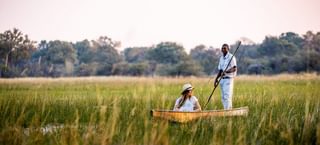
Lengthy and in-depth environmental impact assessments are needed before any accommodation can be built and all camps and lodges in protected areas are required to be fully removable. These requirements have resulted in innovative designs that make the most of the limited materials that allow for them, with camps ranging from simple structures and tents to works of art featured in design magazines that could all be packed up and shipped out if required.
Camps being built outside of the protected areas can legally be more permanent, but the philosophy is deeply engrained into the aesthetics of a Botswana safari and similar light building methods are seen throughout the region, with very little brick and mortar used.
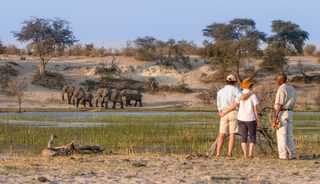
Botswana lodges have embraced these requirements as part of a unique experience and to differentiate the country from its neighbours. This means that any stay in Botswana will have a light touch and high environmental sensitivity. Some camps go beyond the countrywide high eco standard, however, and offer innovative solutions to mitigate their impact on the environment or create a foundation with a lighter footprint.
The lodges in our selection have approached this challenge with varied solutions. While it is not a complete list and many more ecologically-aware lodges can be booked through us, these five show the various ecological solutions found in Botswana to ensure a stay that is easy on both the environment and your conscience.
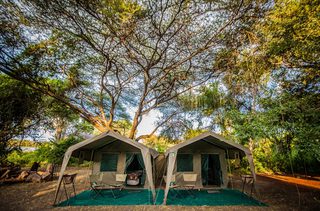
1. Footsteps Across the Delta
A camp that focuses on a lighter footprint while building a deeper appreciation of the environment you explore.
Footsteps Across the Delta is a seasonal, non-permanent camp focused on a light footprint in every sense. The emphasis is on guided walks, along with game drives and mokoro (traditional dugout canoe) activities. Walking minimises ecological impact, while offering a unique experience of the environment that it helps to protect. Exploring the bush on foot and rivers by mokoro gives you a chance to see those things that you would miss in a vehicle. These lighter safari activities are all conducted in areas without roads and are truly off the beaten track. This, combined with a camp that is set on the ground and quickly taken down, puts you more in touch with this environment – all while keeping your impact to a minimum.
- Read more about Footsteps Across the Delta here.
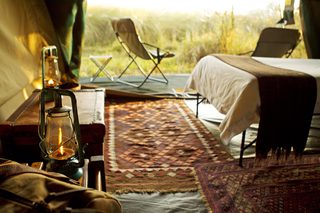
2. Delta Camp
A lodge with little energy consumption that offers excellent wildlife experiences and has connections to a local community.
Delta Camp is a typical eco-lodge with a light footprint that is rarely seen in Okavango Delta lodges nowadays. This is not a camp with vast, expensive and technical solar panels powering fans and walk-in fridges. Instead, the focus is on using less power in the first place. This camp runs without a generator or vehicles and from the time you land at the airstrip, your stay is engine-free. Like Footsteps Across the Delta, the activities on offer are walking and mokoro, which are also your mode of transport for your trip to camp (depending on the flood levels at the time of your stay).
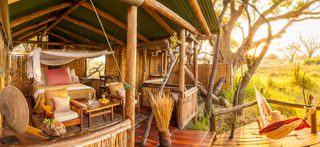
By using solar to power energy-efficient lights plus a communal charging point and efficient gas geysers for heating your shower, the camp remains blissfully quiet of artificial sounds. The rooms are raised and more substantial than a tent and use the traditional lethaka reeds as walls. This traditional form of building used for centuries by the people of the region is ecologically sound for using biodegradable products and also supports the nearby community of Xaxaba by the purchase of lethaka. The people you will meet while visiting are mostly from this community and you will be guided by a local who can share with you details of their home life in the village during your stay.
- Read more about Delta Camp here.
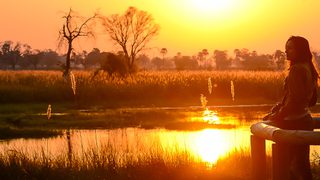
3. Zarafa Camp
The first to prove that luxury lodges can be eco-friendly and which led the way in establishing Botswana’s eco-grading principles.
Zarafa was the flagship camp used by the Botswana Tourism Organisation to establish the country’s eco-grading standards 15 years ago and while it is no longer the only lodge that offers planet-friendly luxury, it was nevertheless the first to show that it is possible. Zarafa has all the bells and whistles you would expect at a luxury lodge, from specialised cooling systems to wine fridges – all powered by the sun. An extensive solar array combined with clever construction using reclaimed materials and insulated canvas meant that Zarafa was able to break the mould of generator-powered luxury. These ecologically-aware touches are enhanced by great service and fantastic wildlife experiences to create an trip that feels decadent and indulgent, while mindful of the environment. There are now many lodges of this ilk that we can combine into a personalised itinerary focusing on ecologically-sensitive lodges – without compromising on comfort.
- Read more about Zarafa Camp here.
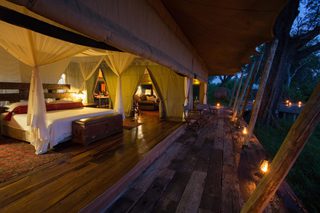
4. Chobe Game Lodge
A permanent lodge that mitigates its footprint with solar-powered vehicles and boats.
Chobe Game Lodge is the only permanent lodge in the Chobe River section of the national park. With a decades-long presence and brick-and-mortar structures, it may seem like a strange contender for this list. What Chobe Game Lodge does incredibly well, however, is work to mitigate the environmental impact of its activities. Built before restrictions on construction in national parks were implemented, the lodge focuses on using what is already there in the best possible way. The established gardens use water output from a greywater treatment system, guest amenities are ecologically-friendly and the recent upgrade of the lodge kept the same footprint yet modernised the rooms.
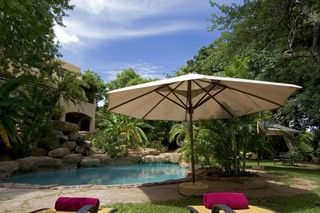
However, the biggest mitigating impact is through its solar-powered vehicles and boats. Landcruiser game vehicles have been modified to be battery-run and charged when not on activity through an extensive solar array. Its river cruising pontoons are self-sufficient, with solar panels on the roof powering a battery-run boat motor. Not only are these ecologically-aware solutions, they add to the safari experience by cutting the engine noise that can mask the bush sounds, providing a unique game drive and boating experience. Add to this the fact that they are driven by a female guiding team known affectionately as the Chobe Angels and you have a unique experience not available elsewhere in Botswana.
- Read more about Chobe Game Lodge here.
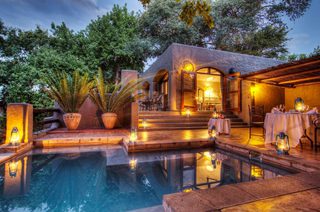
5. Mobile safaris
The least permanent form of luxury travel in Botswana, mobile safaris are inherently ecologically-friendly.
A mobile safari is a bewildering mix of magic and logistics that involves erecting a fully kitted-out camp in the middle of nowhere for a night or two and then moving it. The nature of a mobile safari means that this is the least permanent stay you can have in Botswana and while your experience will include everything you need and expect from a high-end safari, it will be done with the lightest footprint and as efficiently as possible. The entire camp needs to be able to be packed up and moved and all water used needs to be carried into the camp during set-up, which results in creative solutions that are uber-efficient and environmentally-friendly.
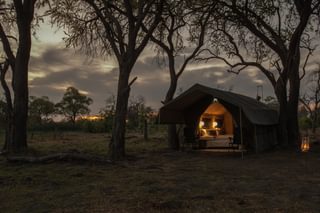
Bucket showers on request filled with water heated by fire and short-drop or chemical toilets reduce water consumption without impacting your stay. The same fire is used to cook meals and provide warmth and ambience. When combined with solar lighting and lanterns, it also provides sufficient lighting. Although guests rarely witness how the camp is packed up and removed, it is astounding to see all traces of a camp vanish so quickly.
- For more information about mobile safaris, see our articles about Harkness Safaris and Golden Africa Safaris.
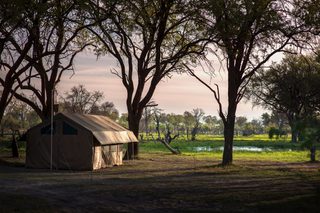
Reach out to one of our experienced consultants to book your ecologically-sensitive trip to Botswana. With a multitude of camps and lodges to choose from, in addition to the five featured here, we can craft you a unique experience that keeps your footprint and conscience light.
Tessa is one of our guest bloggers. Based in Maun, she has worked in the safari business for several years and is passionate about the eco practices of the country in which she lives.

